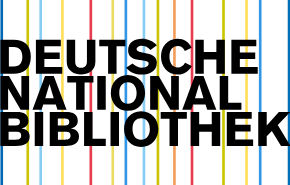IMPROVING THE METHODOLOGY OF USING HELIOTECHNICAL ELEMENTS IN DEVELOPING STUDENTS' INTELLECT
Abstract
This article explores the role of heliotechnical elements in enhancing students' intellectual development and the need for improving related methodologies. As an interdisciplinary field, heliotechnics integrates scientific and technological principles, offering students opportunities to develop analytical and technical thinking skills. The study examines innovative approaches, experimental research findings, and the potential of solar energy applications in education.
Keywords
heliotechnics, intellectual development, educational methodology, innovative technologies, solar energy.How to Cite
References
1.Duffie, J. A., & Beckman, W. A. (2013). Solar Engineering of Thermal Processes (4th ed.). New York: Wiley.
2.Kalogirou, S. A. (2009). Solar Energy Engineering: Processes and Systems. Academic Press.
3.Gorshkov, G. O. (2001). Renewable Energy Sources and Technical Education. Moscow: MIR.
4.Rashidov, S. T. (2018). Heliotechnics in Education: Theory and Practice. Tashkent: Fan.
5.Karimov, A. K. (2020). Solar Energy and Sustainable Development in Central Asia. Tashkent: University Press.
6.Nazarov, U. T. (2017). Integration of Renewable Energy into Technical Education in Uzbekistan. Samarkand: SamDU Press.
7. Khojakulov, S. A. (2021). The role of solar technology in the intellectual development of students. Bukhara: Bukhara State University Publishing House.
8.Qahhorov S.Q., Juraev H.O. Heliotechnology in Physics Education. Monograph. Tashkent. Fan, 2009. P. 191.

This work is licensed under a Creative Commons Attribution 4.0 International License.
Authors retain the copyright of their manuscripts, and all Open Access articles are disseminated under the terms of the Creative Commons Attribution License 4.0 (CC-BY), which licenses unrestricted use, distribution, and reproduction in any medium, provided that the original work is appropriately cited. The use of general descriptive names, trade names, trademarks, and so forth in this publication, even if not specifically identified, does not imply that these names are not protected by the relevant laws and regulations.






